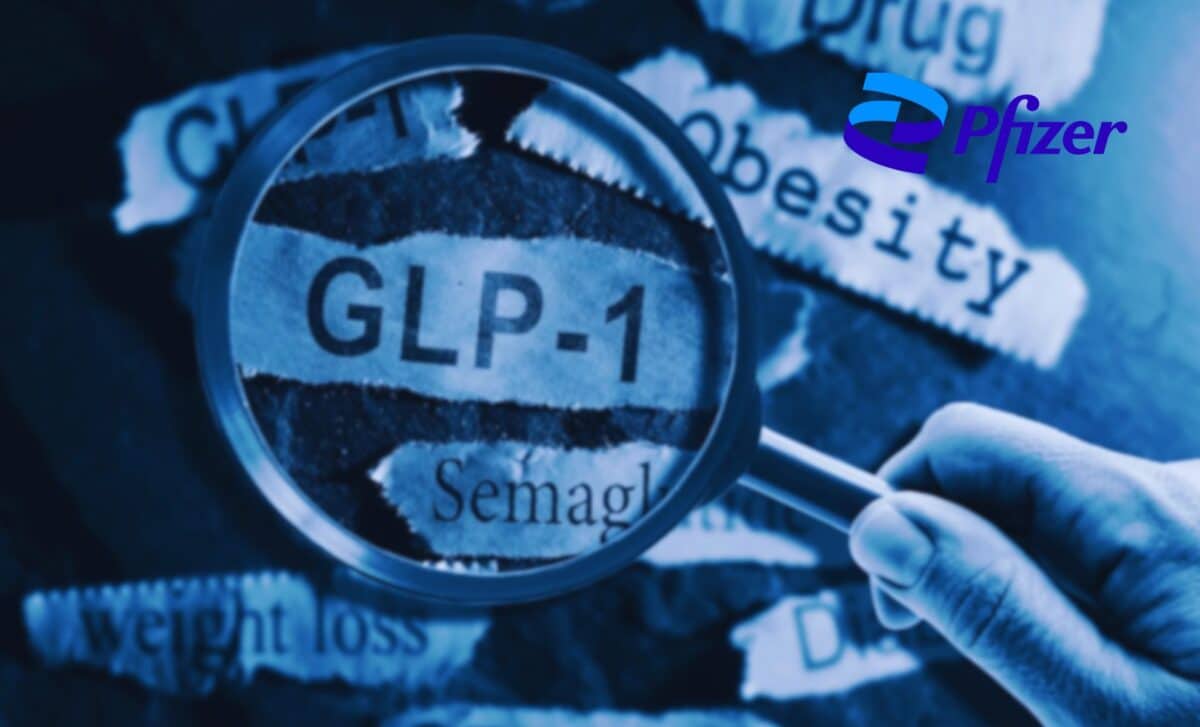Pfizer has officially ended its development of the experimental weight-loss pill, danuglipron, after a potential drug-induced liver injury was reported during a clinical trial. This decision comes as the company was entering the final stages of testing for the drug, in Phase 3, which is typically the last step before submission to regulatory authorities.
The announcement follows a prior struggle with a twice-daily version of the drug, which was abandoned late last year due to high rates of adverse effects, such as nausea and vomiting, in participants. Despite these setbacks, Pfizer maintains its commitment to advancing other obesity treatments and continues to explore new avenues in the field.
Challenges in the Race for Oral Obesity Treatments
Danuglipron was part of a growing category of drugs targeting GLP-1, an intestinal hormone linked to the regulation of appetite. According to Pfizer, the drug demonstrated success in dose-optimization studies, meeting key pharmacokinetic objectives.
However, the emergence of liver injury in one participant led the company to halt further trials. Pfizer reviewed all clinical data and consulted regulators before making this decision, ensuring that patient safety remained paramount.
The obesity treatment market has become a hotbed of innovation, with new drug candidates gaining attention for their potential to address a global health crisis. Current market leaders, such as Wegovy from Novo Nordisk and Zepbound from Eli Lilly, have dominated the sector with their injectable formulations.
These drugs have seen considerable sales, highlighting the substantial demand for effective obesity treatments. Despite the success of injectable options, Pfizer’s effort to develop an oral alternative reflects a broader trend within the pharmaceutical industry to deliver treatments that are more convenient for patients.
However, the road to an effective and safe oral solution has proven difficult, as evidenced by Pfizer’s setback with danuglipron. Experts note that the development of oral GLP-1-based treatments faces significant challenges, including managing side effects and ensuring patient adherence.
Pfizer’s previous struggles with its twice-daily version of danuglipron, which saw many participants drop out due to side effects, demonstrate the difficulty in achieving a balance between efficacy and tolerability.
Looking Ahead: Pfizer’s Next Steps in Obesity Research
Despite the failure of danuglipron, Pfizer remains optimistic about the future of obesity treatments. The company has announced it will continue to explore treatments targeting other hormones, including GIPR, and will pursue earlier-stage research in this area.
Obesity remains one of the world’s most pressing health issues, and the pharmaceutical industry’s efforts to develop effective, accessible treatments are ongoing. Although Pfizer’s danuglipron faced setbacks, the company’s continued investment in the field suggests that the development of effective oral weight-loss drugs could still be on the horizon.









